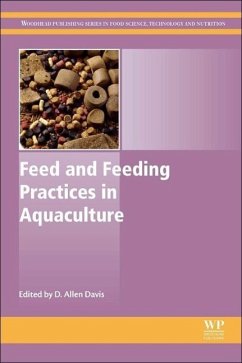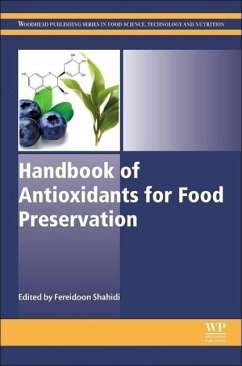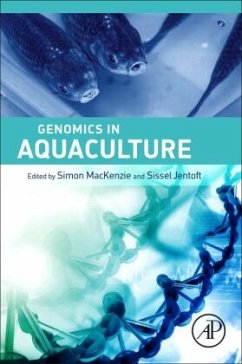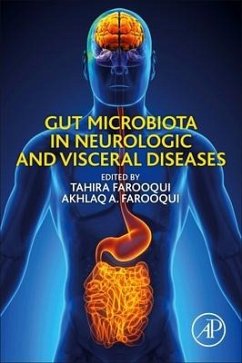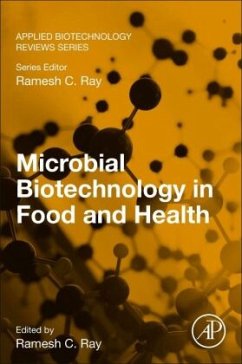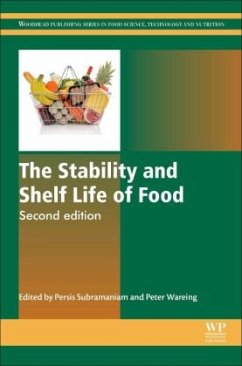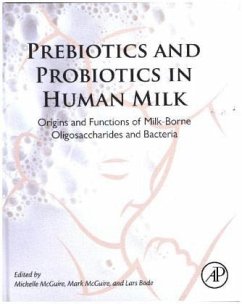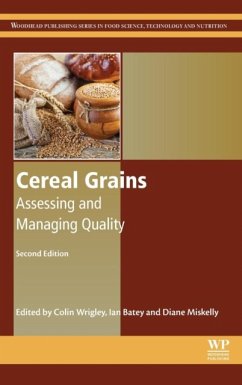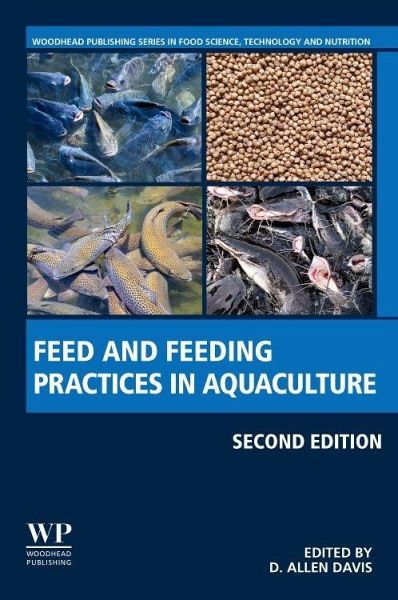
Feed and Feeding Practices in Aquaculture

PAYBACK Punkte
95 °P sammeln!
Feed and Feeding Practices in Aquaculture, Second Edition continues to play an important role in the successful production of fish and other seafood for human consumption. This is an excellent resource for understanding the key properties of feeds for aquaculture, advances in feed formulation and manufacturing techniques, and the practicalities of feeding systems and strategies. Many new updates have been integrated to reflect recent advances within the market, including special emphasis on up-and-coming trends and new technologies on monitoring fish feeding patterns, making this book useful f...
Feed and Feeding Practices in Aquaculture, Second Edition continues to play an important role in the successful production of fish and other seafood for human consumption. This is an excellent resource for understanding the key properties of feeds for aquaculture, advances in feed formulation and manufacturing techniques, and the practicalities of feeding systems and strategies. Many new updates have been integrated to reflect recent advances within the market, including special emphasis on up-and-coming trends and new technologies on monitoring fish feeding patterns, making this book useful for anyone working in R&D in the production of feed, as well as nutritionists, farm owners and technicians, and academics/postgraduate students with a research interest in the area.




